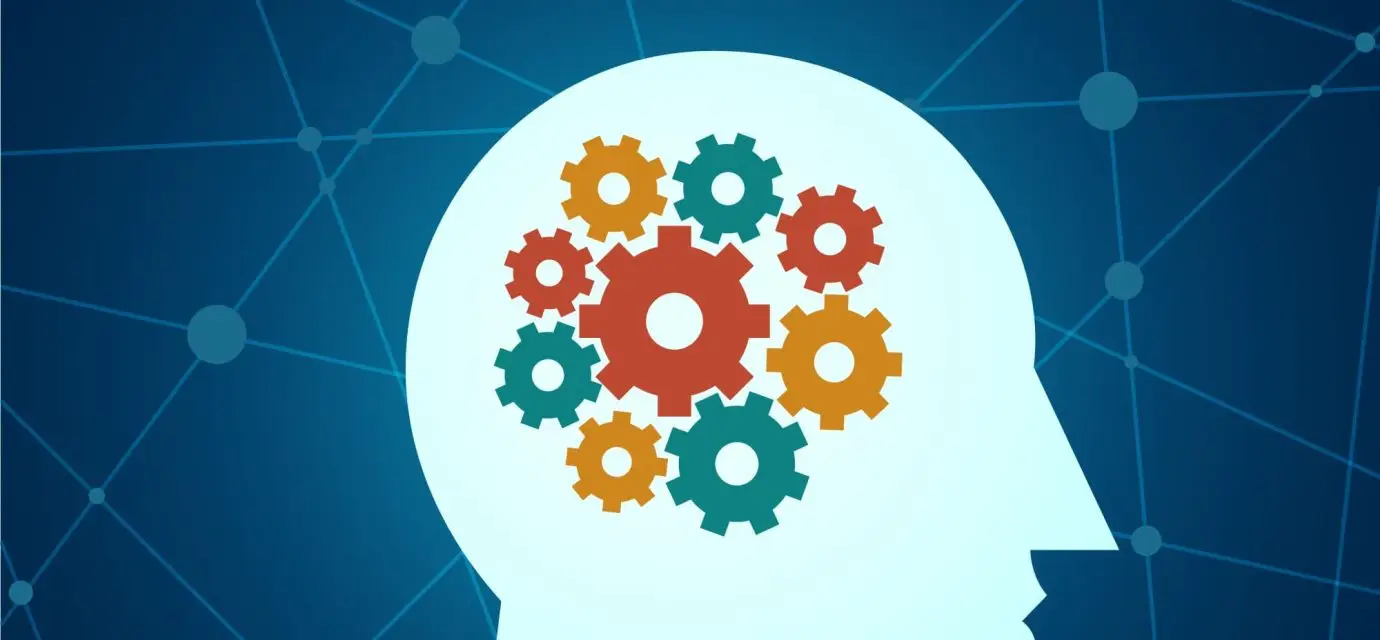As a psychology student, I’m constantly discovering concepts that make me say, “Why aren’t we all taught this?” “Why didn’t I know this before?” These ideas don’t just stay in textbooks ,they impact how we live, relate, and think. Here are six psychology concepts I wish were common knowledge (plus one crucial bonus truth about mental health).
Table Of Content
There Are Over 100 Types of Intelligence
Most of us grew up believing intelligence is a number on an IQ test. But psychologist Howard Gardner proposed a broader theory of multiple intelligences, identifying at least eight distinct kinds from linguistic and musical to interpersonal and existential (Gardner, 1983). Since then, many scholars have suggested even more nuanced forms of intelligence.
Takeaway : Intelligence isn’t one-size-fits-all.
You might be brilliant in ways traditional education fails to measure.

The Bandwagon Effect
The bandwagon effect is a type of cognitive bias where people do or believe things just because many others do the same. Social psychologists have observed this in consumer behavior, voting, and even moral beliefs (Asch, 1955; Sundar et al., 2008).
Takeaway : Next time you catch yourself following the crowd, pause and ask “Do I really believe this, or am I just going with the flow?”
Eustress vs. Distress
Stress gets a bad rep, but Hans Selye distinguished between two types: eustress, which is positive and motivating, and distress, which is harmful and overwhelming (Selye, 1974). A bit of pressure before a performance or deadline might actually improve your focus.
Takeaway : Stress isn’t always the enemy. Learn to tell the difference between growth pressure and burnout triggers.
Empathy Can Be Developed
Empathy isn’t just an inborn trait it’s a skill that can be strengthened. Neuroscientific studies have shown that activities like mindfulness, active listening, and perspective-taking physically enhance brain areas related to empathy (Decety & Jackson, 2004).
Takeaway : Empathy is not fixed. Like any ability, it grows with intention and practice.
Psychopath # Murderer
TV and movies often equate psychopaths with serial killers. But the clinical diagnosis is Antisocial Personality Disorder, and not all individuals with it are violent or criminal (Hare, 1993). Many function in society,some even thrive in high-powered jobs.
Takeaway : Using terms like “psychopath” casually contributes to harmful stigma. Understanding reduces fear.


The “White Bear” Problem (Ironic Mental Control)
Told not to think about a white bear? You just did. This is the Ironic Process Theory, introduced by Daniel Wegner, the idea that trying not to think about something makes the thought more persistent (Wegner, 1994).
Takeaway : Don’t fight your thoughts. Acknowledge them. Suppression often strengthens them.
& Bonus:
Mental Health Is Not a Luxury In many cultures, therapy or emotional rest is seen as indulgent. But mental health is not an upgrade it’s foundational. Ignoring it creates generational trauma, burnout, and emotional fatigue (WHO, 2021).
Takeaway : Mental health isn’t optional or elite It’s essential.
Final Thoughts — Thoughts in Translation
Psychology doesn’t just explain behavior,it translates the unseen, the misunderstood, and the overlooked into insight. Whether you’re a student, educator, or a curious soul wandering through the layers of the human mind, these concepts offer more than knowledge,they’re tools for awareness, empathy, and meaningful change.
References
- Asch, S. E. (1955). Opinions and social pressure. Scientific American, 193(5), 31-35.
- Decety, J., & Jackson, P. L. (2004). The functional architecture of human empathy. Behavioral and Cognitive Neuroscience Reviews, 3(2), 71-100.
- Gardner, H. (1983). Frames of mind: The theory of multiple intelligences. Basic Books
- Hare, R. D. (1993). Without conscience: The disturbing world of the psychopaths among us. Guilford Press.
- Selye, H. (1974). Stress without distress. Lippincott.
- Sundar, S. S., Xu, Q., & Oeldorf-Hirsch, A. (2008). Authority vs. peer: How interface cues influence users. CHI EA ’08.
- Wegner, D. M. (1994). Ironic processes of mental control. Psychological Review, 101(1), 34-52.
- World Health Organization (2021). Mental health and COVID-19: Early evidence of the pandemic’s impact.


